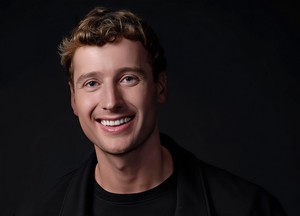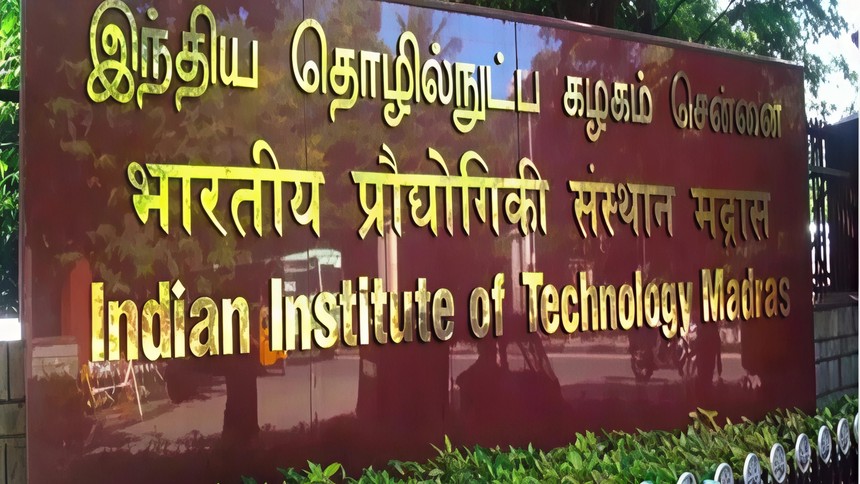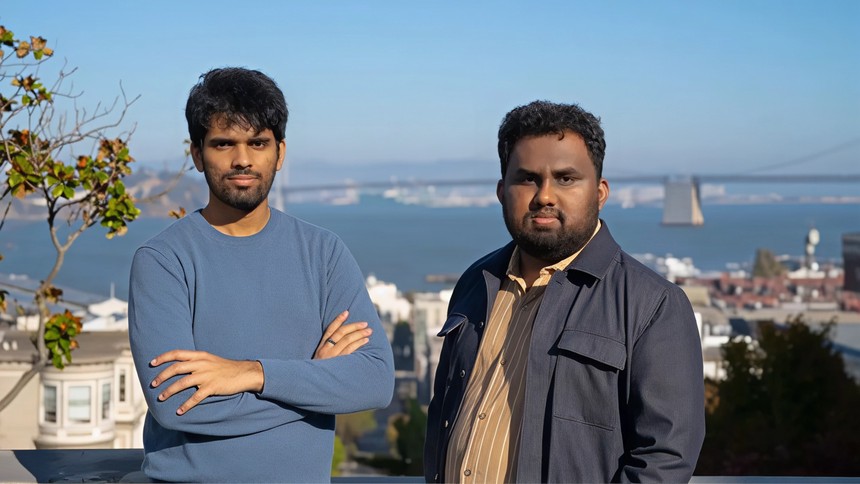Renowned computer scientist Yoshua Bengio has become the first living researcher to surpass one million citations on Google Scholar, a landmark moment that reflects his extraordinary contribution to modern artificial intelligence. Bengio is widely regarded as one of the three Godfathers of AI along with Geoffrey Hinton and Yann LeCun, and his work has shaped the deep learning revolution that powers today’s generative models, translation tools, medical imaging systems and autonomous vehicles.
Born in Paris and raised in Montreal, Bengio earned his doctorate from McGill University before completing postdoctoral research at MIT and AT and T Bell Labs. At a time when neural networks were dismissed as unreliable, he continued to explore deep layered models and the possibility that machines could learn complex patterns the way humans do. The field had limited funding and minimal credibility, yet Bengio persisted.
One of the most influential breakthroughs connected to his lab emerged in 2014 when Ian Goodfellow, a student working with Bengio, created Generative Adversarial Networks. The resulting paper transformed the world of synthetic imagery and multimedia generation and became one of the most cited works in machine learning history.
Bengio’s deep learning review published in 2015 remains one of the most referenced scientific texts in the AI community. His contributions to representation learning, probabilistic models and attention based architectures directly influence the construction of large language models used today.
Crossing one million citations is more than a personal achievement. It signals the explosive growth of machine learning research globally. AI related work now dominates citations in medicine, biology, climate science and engineering, much of which is built upon concepts that Bengio introduced or helped develop.
Despite the recognition, Bengio remains reluctant about citation based measures. He believes science should prioritise understanding over popularity and says he rarely checks his citation count.
His journey was shaped by persistence during decades of scepticism. Overcoming concerns about model reliability, efficiency and gradient instability took years of theoretical and computational progress. Ideas once considered fringe are now at the centre of global innovation.
Beyond academia, Bengio founded Mila, one of the largest AI institutes in the world, contributed to Canada’s national AI strategy and leads global initiatives on responsible and safe AI. He is now one of the strongest voices calling for transparency and international cooperation in advanced AI systems.
With more than one million citations and decades of groundbreaking influence, Yoshua Bengio stands as one of the most important figures in the history of technology.
For more coverage on consumer apps, subscriptions, and lifestyle tech, follow Tech Moves Instagram and Tech Moves Facebook.














